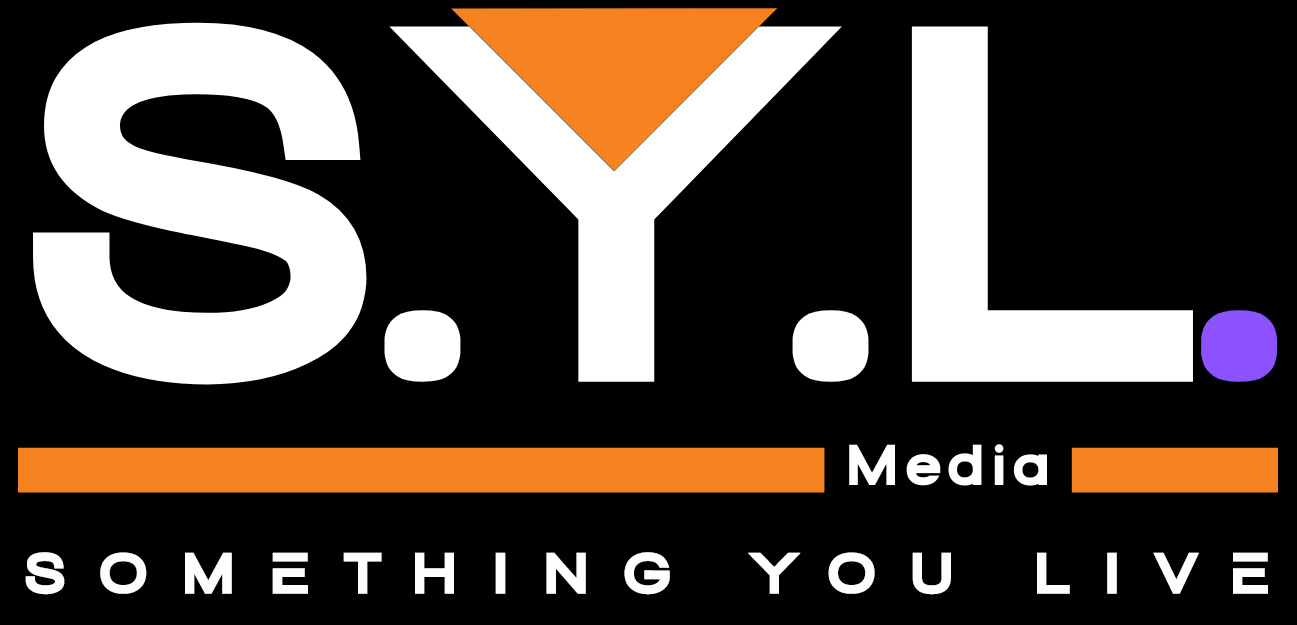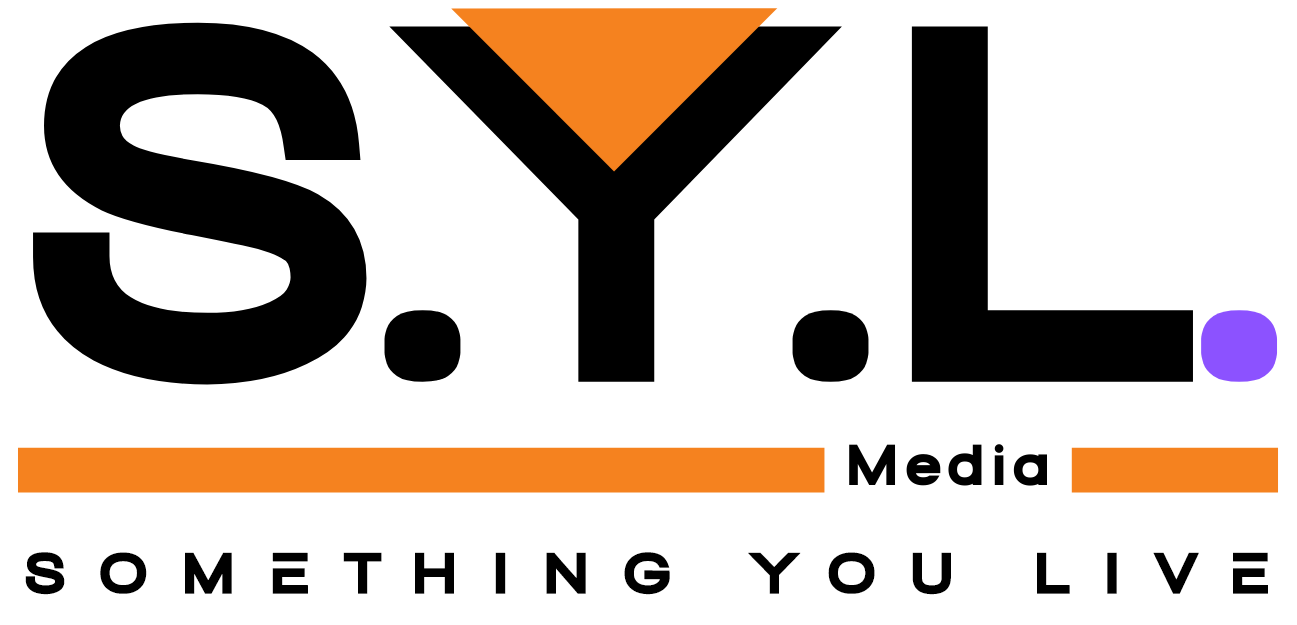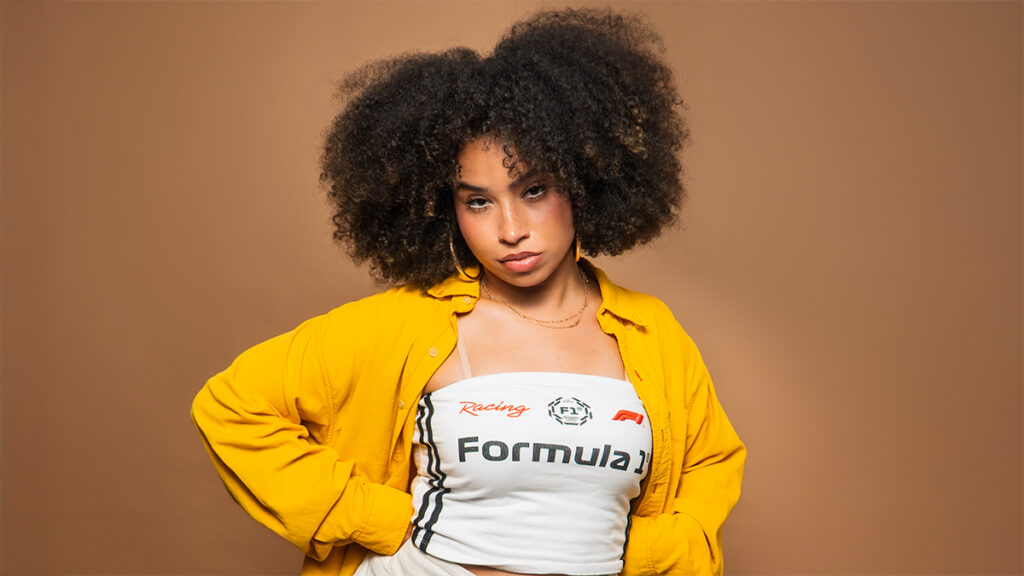Rian Wyld’s journey into music began at home, where a steady mix of hip-hop, gospel, and soul filled the air. Surrounded by records, turntables, and instruments, she developed an early connection to sound that would later shape her creative path. In this interview, Wyld reflects on the experiences that influenced her—from childhood music lessons to writing her first serious song in college after a personal loss. She also discusses the challenges of building a career as an independent artist, her commitment to staying true to her values, and how an unexpected viral moment brought new attention to her work.
What initially drew you to the world of music, and how did your journey begin?
My father always played music in the house. I grew up surrounded by a lot of music—hip-hop, gospel, R&B, and classic soul. I had turntables in my basement. I always had CD players, too. So just growing up in a home filled with music, I was always passionate about being a listener. And what was the second part of the question?
How did your journey begin?
Right. My journey began with being a musician. I started by picking up instruments in elementary school, learning the recorder very young, like a lot of kids do. Then I played the violin from fourth to eighth grade and was in the orchestra. But eventually, I felt like I got too cool for that. So, I put down the instruments for a few years. I picked up the piano again toward the end of high school. When it came time for college, I decided I wanted to be a music major.
While I was a music major, major life events were happening. One was losing a close family friend to gun violence in Poughkeepsie, New York. That inspired me to write my first official song. As a younger kid, I had written songs as jokes, but I never seriously considered music as a career until college—when I wrote that first record to honor my friend.
How would you describe your creative process from concept to final track?
I’d describe my creative process as almost instantaneous. When I hear a beat, a vibe, an idea, a lyric, or a melody comes to me right away. I catch it, record it, and build from there. I’d also call it spiritual. I feel like music flows through me, like it comes from a spiritual place. I believe songs are given to me. I often find myself in a flow state, and the music comes almost immediately. It feels like a gift from God to be able to express my emotions. So, the process is usually quick, free-flowing, and freestyle. I just polish it up to complete the record.
What challenges have you faced while building your career, and how have you handled them?
One challenge has been finding people to collaborate with who share a similar vision and are willing to build together. As an independent artist, everything gets expensive—producers, engineers, graphic design, marketing. Everything is an investment, and costs add up fast. Getting the capital to keep my career going has been a challenge, but I’ve managed it. I bartend, I work, and I invest what I can.
Also, finding people I align with musically has been difficult. But I do have a few solid producers working with me. One is Sha the Goddess—she produced my last couple of records, including “Comments” and “Hold On.” Building with people who believe in the vision, have pure intentions, and truly want to work together has been a challenge. But I’m navigating it well.
How do you balance artistic integrity with the expectations of the music industry?
It’s funny—because it’s easy for me. I feel that in music and in life, I need to be able to go to bed at night with a clear conscience. So, I make sure everyone involved in my music is credited and gets their share—if not paid upfront, then through royalties. I also make sure the people I connect with share similar values. I’m not desperate to be famous or successful in music. I’m determined, yes—but not desperate.
I’ve never compromised my morals or values. I’ve always maintained my integrity. That comes from the home and upbringing I had. Loyalty and being a good person mean more to me than anything else. The industry can be shady, and maybe because I’m still independent, I haven’t faced many of those situations. But I know I’m going to carry these values with me. I move with integrity because I want people to move that way with me. It’s just who I am. So, it hasn’t really been a struggle or a balancing act—it’s just who I am.
In what ways has your music evolved since your first release?
You can’t even hear my first records anymore. There’s so much music I’ve written over the past 10 years. Through trial and error, I’ve developed my own sound. Today, I’m clear on what I want to say. I’m more confident in my skills. My talent has grown significantly. When I first started rapping, people would listen and say, “Okay, that’s cool.” But if I judged myself, I’d say, “No way—I wouldn’t put that out now.”
My flow, delivery, and creativity have improved a lot. My message is clear. I know what I want to say and who I am as a woman and as an artist. I think rapping is subjective—who’s the best is up for debate. But I feel like I’ve mastered the skill. Not saying I’m the greatest, but I’ve put in about 10 years of work. There’s always room for growth, but I feel confident I could rap in front of anyone—even the greatest—and earn their respect. Same with audiences—I feel I can perform and truly impact people in a meaningful way.
Your public dispute with Timbaland drew a lot of attention. How do you feel about it today?
I feel thankful for it—it brought more eyes and ears to my music. It’s been mostly positive, so I’m grateful it happened. It’s funny to me, honestly. I sit back and laugh like, “Yo, that’s crazy.” It was just another day for me when it all happened. The fact that it went viral—just from me being myself—I had no idea how it would be received. It could have gone nowhere. I still would have stood by what I said. But it’s surreal sometimes—like, this is how I went viral? I’ve hoped for that with other records. But it happened with this one. I’m not surprised it resonated, though. I feel good about it. I made the most of the moment. I’m proud of myself.
Looking forward, are you open to reconciliation or a collaboration with Timbaland, or is that chapter closed?
The word “reconciliation” is funny to me. There’s nothing to reconcile. There’s no beef. He’s a producer, I’m a rapper. We did what artists do. In a way, we already collaborated—“Comments” was inspired by him. I see that as a low-key collab. He gave me the spark to write the record. I wouldn’t desire to collaborate with him officially. I want to work with producers who are hungry, passionate about music today, and open to building something. Not people who are promoting AI as artists. I’m not interested in that.
So, what’s next for you?
What’s next is continuing to release music and doing what I love. I want to partner with investors or maybe an independent label—someone who truly believes in my vision and sees who I am as an artist. I want to be one of the most successful independent women in music. I’m going all in—collaborating with more producers and artists, living my life, being a mom, and continuing to be myself. That’s it.
Photo Credit: Lloyd Barnes



